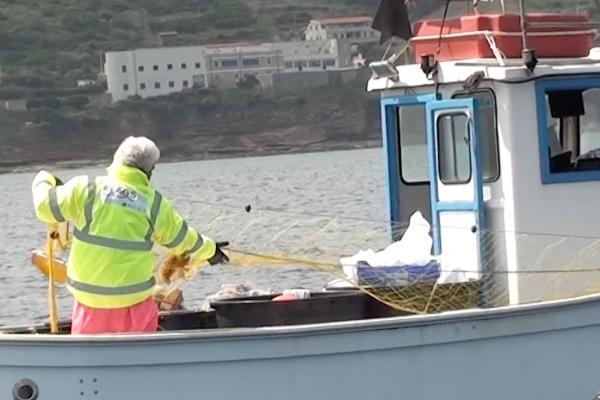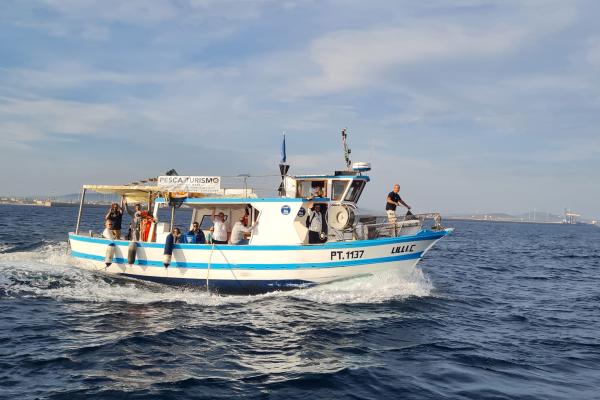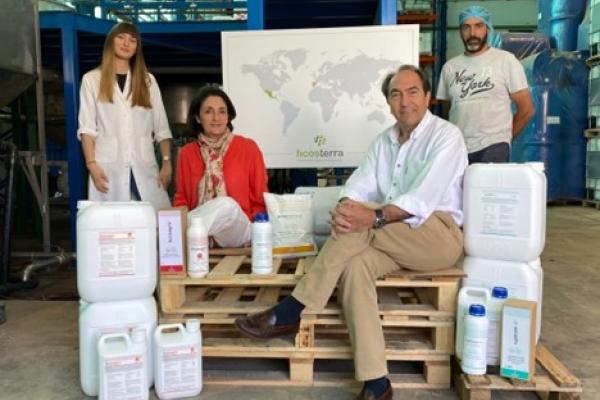
Greening maritime shipping is a major objective of the European Green Deal. The objective of moving away from fossil fuels and reducing CO2 emissions is not only being sought at political level. There are also some remarkable grassroot initiatives that go in that direction. The fishing community of El Palmar in the Albufera lagoon in Valencia, Spain, has been looking for solutions for the ecological transition and the greening of fisheries. The outcome is an EU-funded prototype boat and a pilot study on electric boats with an environmental analysis of their energy, social and economic effects. The project was carried out in cooperation with the Polytechnic University of Valencia. The eight-metre-long prototype boat will be presented to the public on 23 December.
Cooperation is key to improving the environmental state of the lagoon
The Albufera lagoon is situated within a natural park in Valencia. It has a long history of human habitation, and is also an area of great ecological importance where climate change is deeply felt. The fishing community active in the area has a historically important role in local governance, and is one of the first to be affected by climate change as its centuries-old way of life starts to disappear. In the lagoon there are around 1000 boats in sizes ranging from 6-12 metres. Some are used for fishing, some for tourism, and others are leisure boats. The people of the area, both fishers and residents, all agreed that something should be done.
Local fishers worried about the environmental state of their fishing areas wanted to investigate the possibility of moving from diesel engines to engines running on electricity. This would reduce not only direct pollution from fuel leaks but also carbon dioxide emissions and noise levels around the lagoon.
But it was clear to them that alone they would not get very far. They therefore reached out to their fisheries local action group for assistance and EU funding. This led to cooperation between locals, fishers, scientific institutions, the tourist sector, the city council and the private sector, with the common goal of working towards carbon reduction. The scientific partners have contributed through the study, while the private sector is represented by a local boat builder, Calafat, that specialises in the typical boats used in the Albufera lagoon.
All the contributors are convinced that this participatory process is key to successful implementation.
Pilot study and prototype boat with electric engine
The initial step was a study looking at possible problems and barriers in implementing electric engines – as well as the benefits – and how to improve their acceptance in the local fishing community. The local boat builder Calafat built the prototype to the pattern of the traditional boats typically used in the lagoon. It was important for the beneficiaries to work with the local traditional boat builder, since this trade is another endangered sector.
The prototype electric boat was then tested in the Albufera lagoon with the objective of replicating it to fishing vessels, tourist and recreational boats.
Paving the way for CO2 emissions reduction
The 1,000 boats in the lagoon operate on average 300 days per year with up to four trips per day. If the electric prototype were to be replicated across the fleet, the Albufera would be looking at a possible yearly reduction of 1,074 tons of CO2 emissions. Another important aspect is the reduction in noise. The current diesel engines on the boats can reach 92 decibels; electric engines are extremely quiet, so the overall noise pollution would be considerably reduced.
On December 23rd 2022 the eight-metre-long prototype boat will be presented to the public. The study and the electric prototype have already created public awareness about the advantages of converting to electric engines. The beneficiaries are starting to see the fruit of their work as other public institutions are now offering financial support for conversions from diesel to electric. The study and the prototype can therefore be seen as a success story that paves the way for real change.
Details
- Publication date
- 21 December 2022
- Author
- Directorate-General for Maritime Affairs and Fisheries





